To follow up from my post on the Booker & Pulitzer Fiction Prize winners, I have decided to do a similar discussion post, but this time focusing on the Nobel Laureates for Literature, providing below my stats and winner preferences (I read roughly 42 Nobel winners out of some 119). The Nobel Committee has at times been accused of being political in its nominations and awards, and it is also important to bear in mind that such renowned authors as Leo Tolstoy, Anton Chekhov, James Joyce, Marcel Proust and Vladimir Nabokov never, as preposterously as it may sound, actually won this prize. Nevertheless, I applaud the recent trend to recognise the achievements of women in literature (as Olga Tokarczuk and Annie Ernaux were awarded the prize in 2018 and 2022 respectively).
Nobel laureates:
who are my FAVORITE authors:
Thomas Mann, 1929:
“principally for his great novel, Buddenbrooks, which has won steadily increased recognition as one of the classic works of contemporary literature”.
José Saramago, 1997:
“who with parables sustained by imagination, compassion and irony continually enables us once again to apprehend an elusory reality“.
Orhan Pamuk, 2006:
“who in the quest for the melancholic soul of his native city has discovered new symbols for the clash and interlacing of cultures”.
Albert Camus, 1957:
“for his important literary production, which with clear-sighted earnestness illuminates the problems of the human conscience in our times“.
Kenzaburō Ōe, 1994:
“who with poetic force creates an imagined world, where life and myth condense to form a disconcerting picture of the human predicament today“.
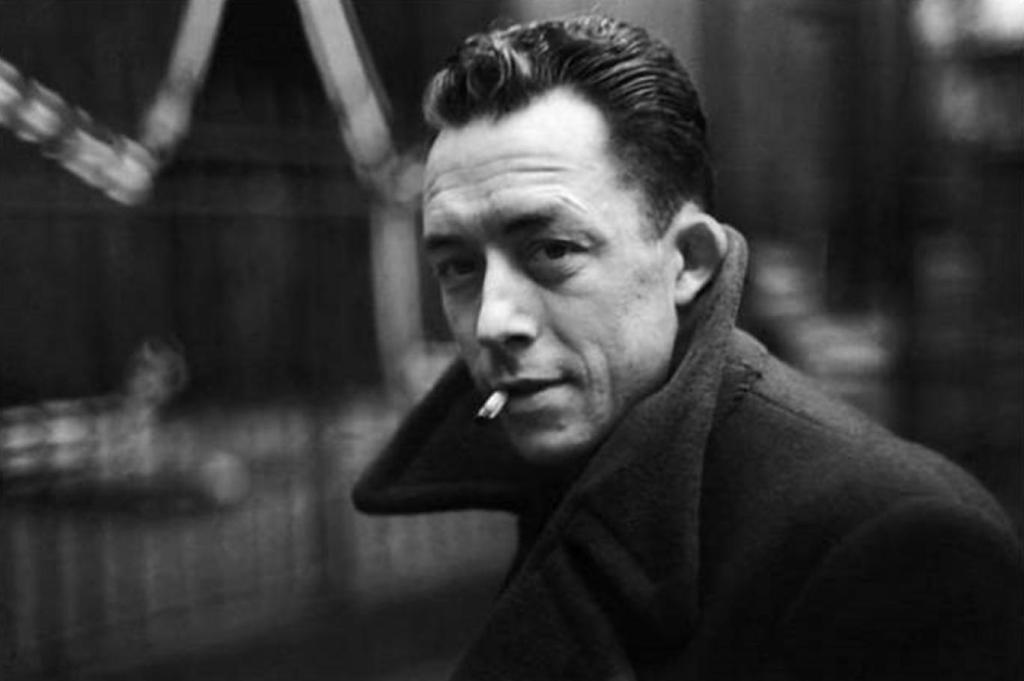





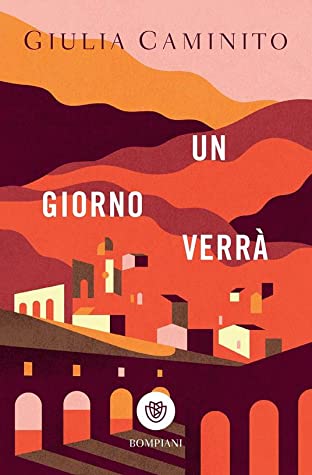
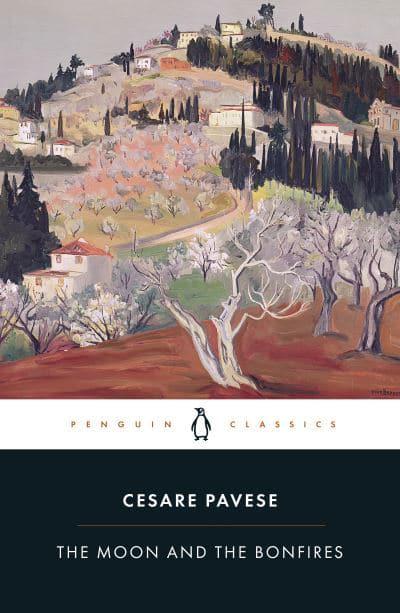

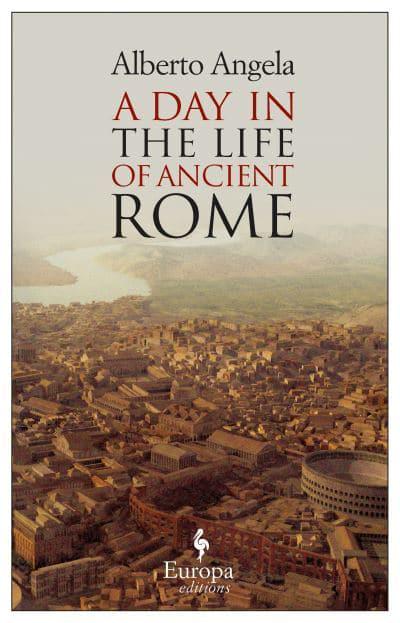

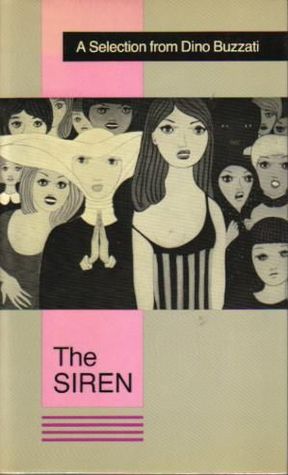
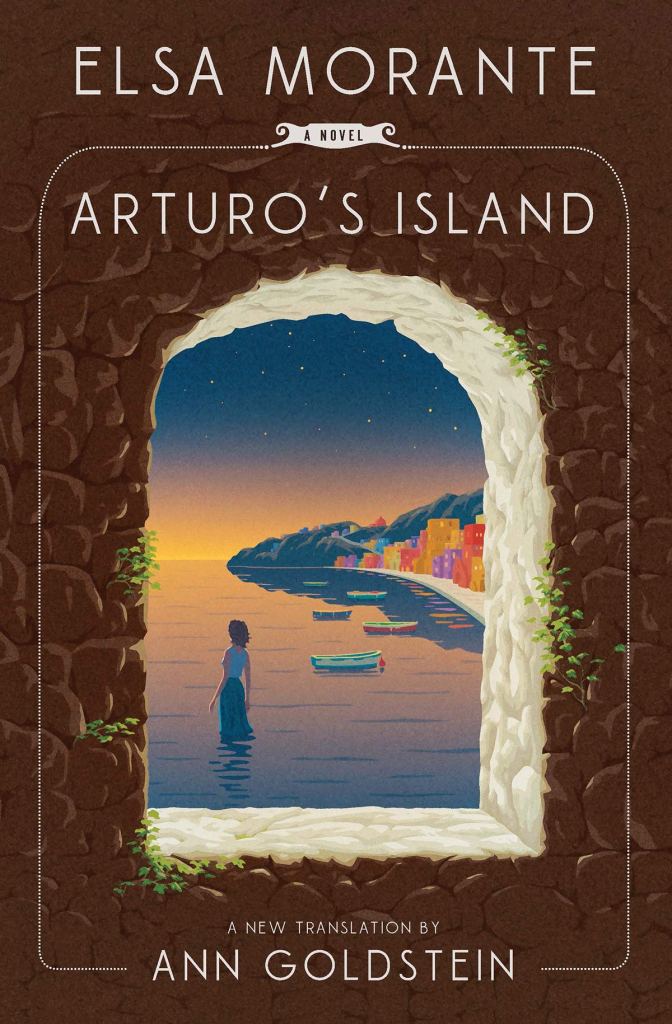




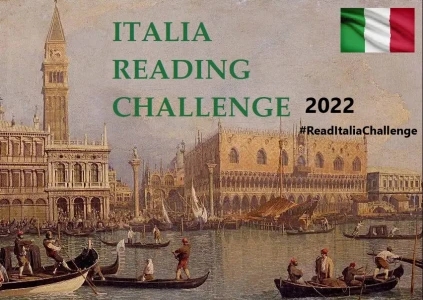


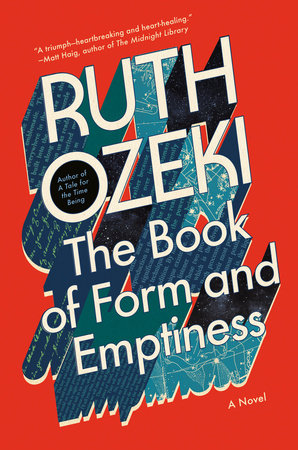
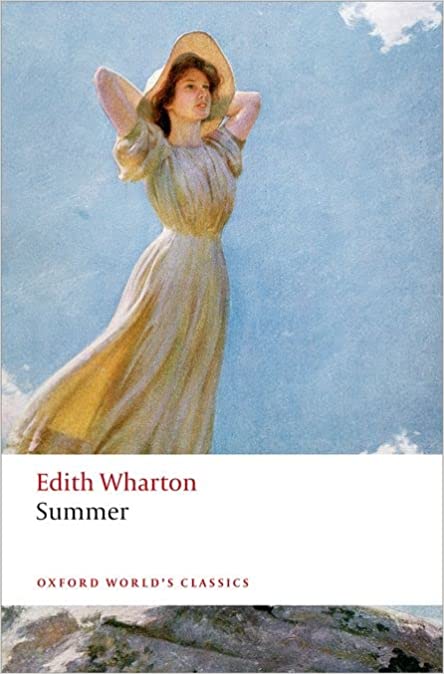
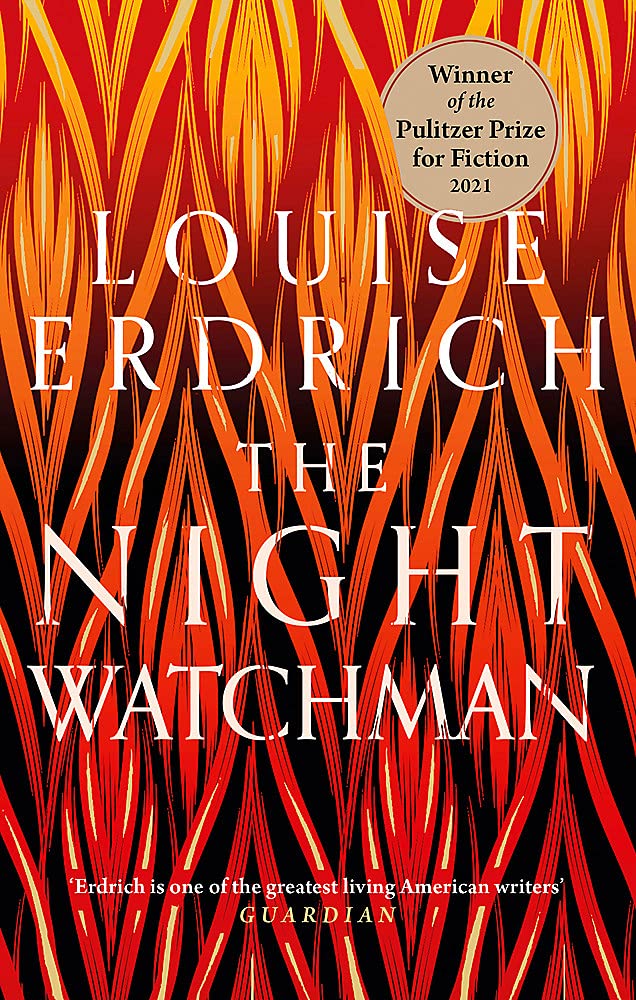
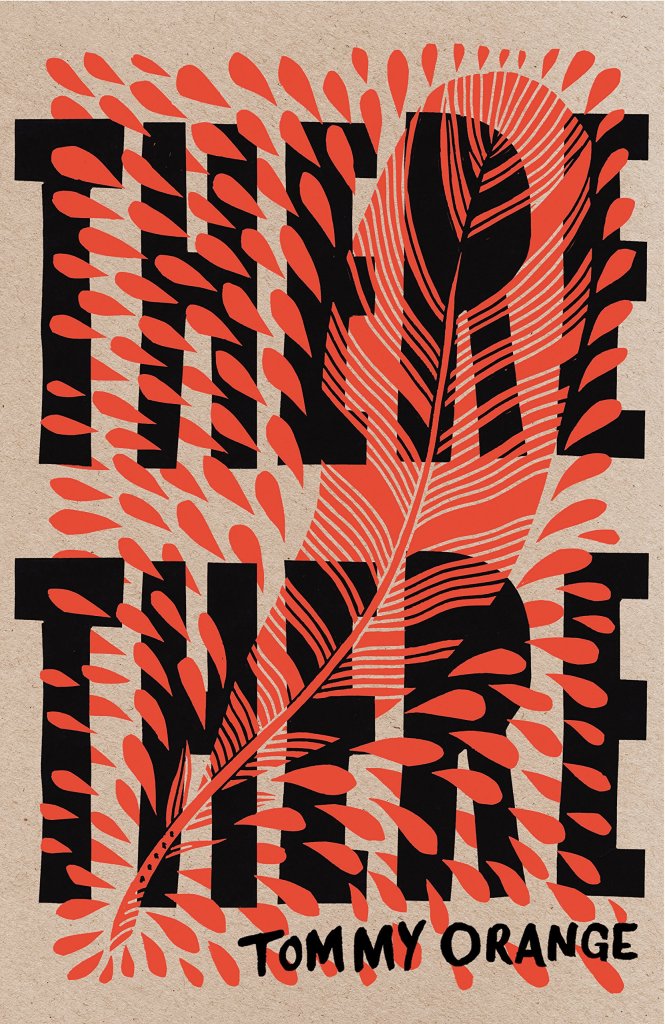
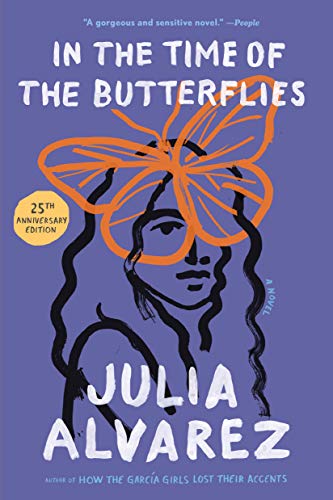
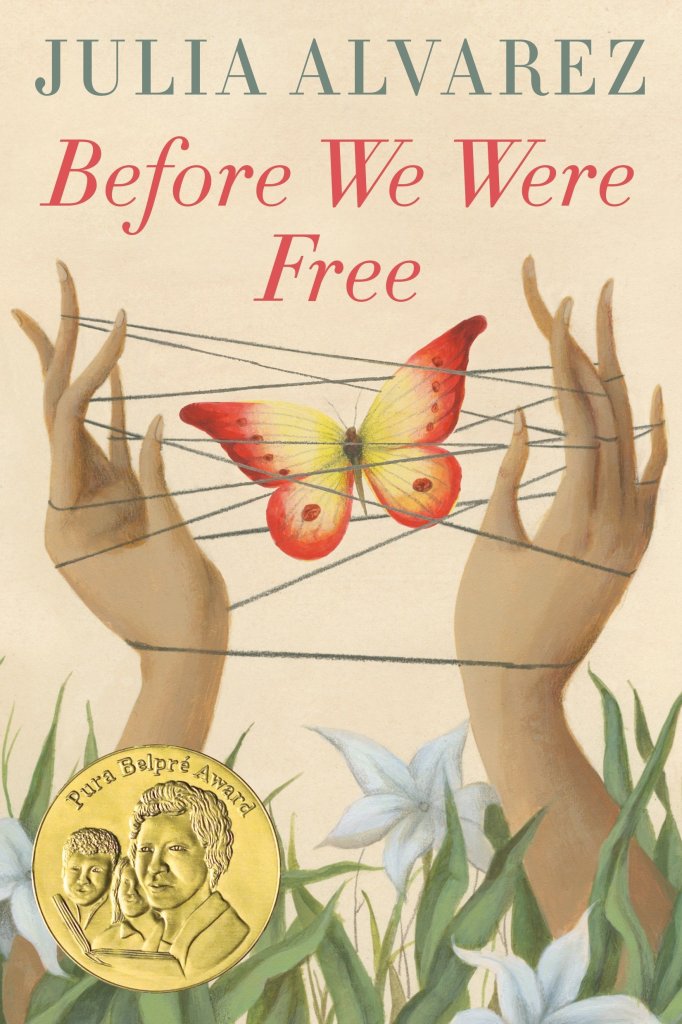
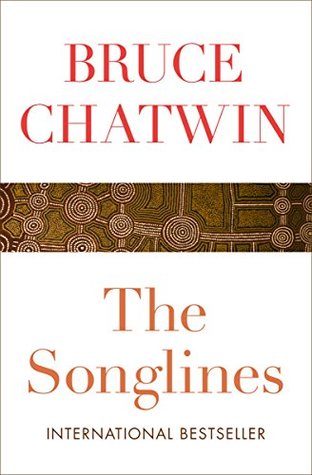
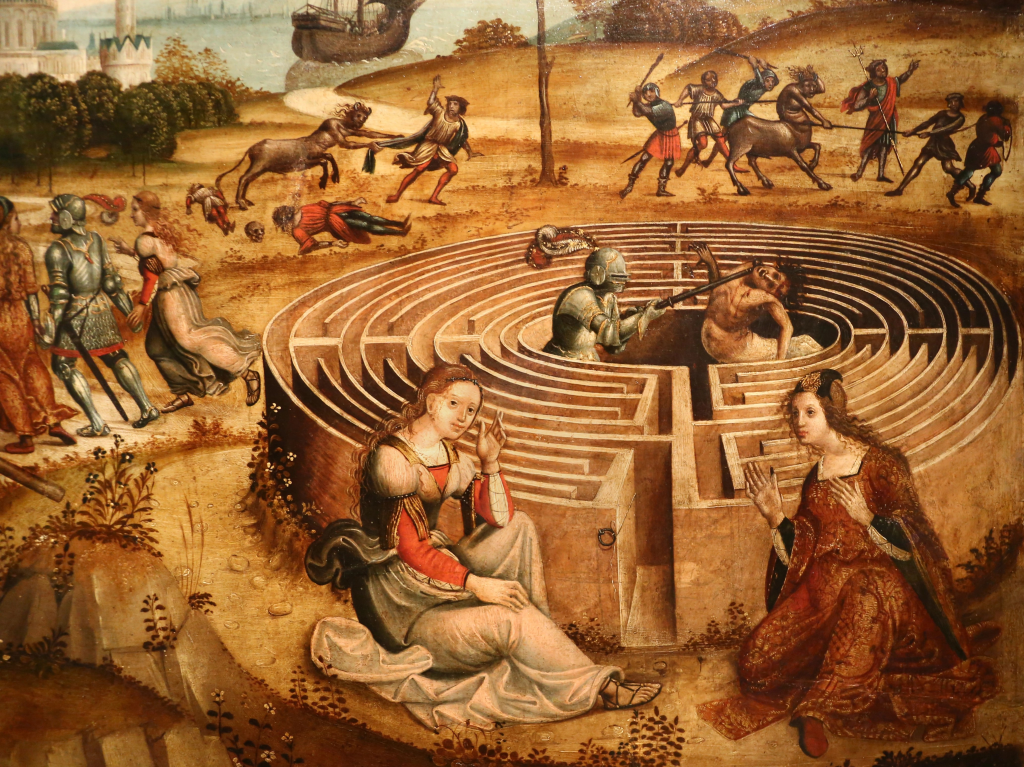
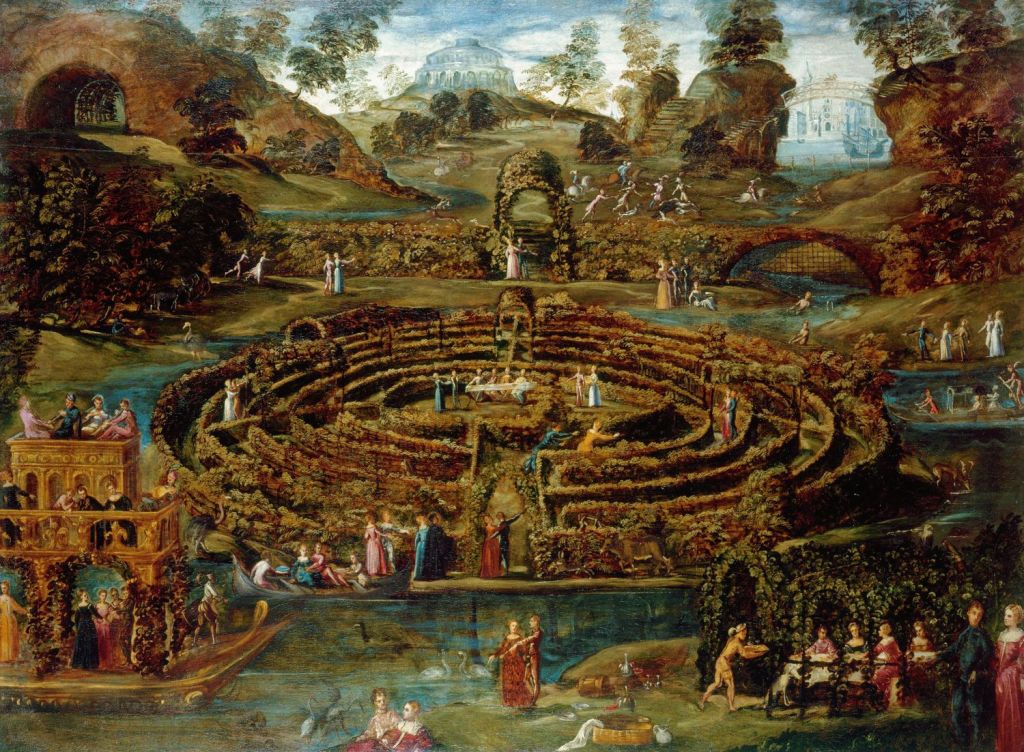




























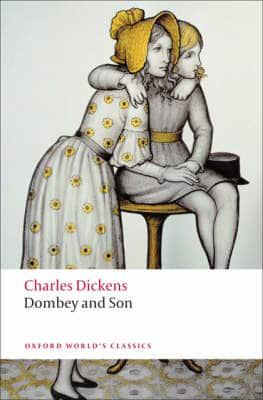
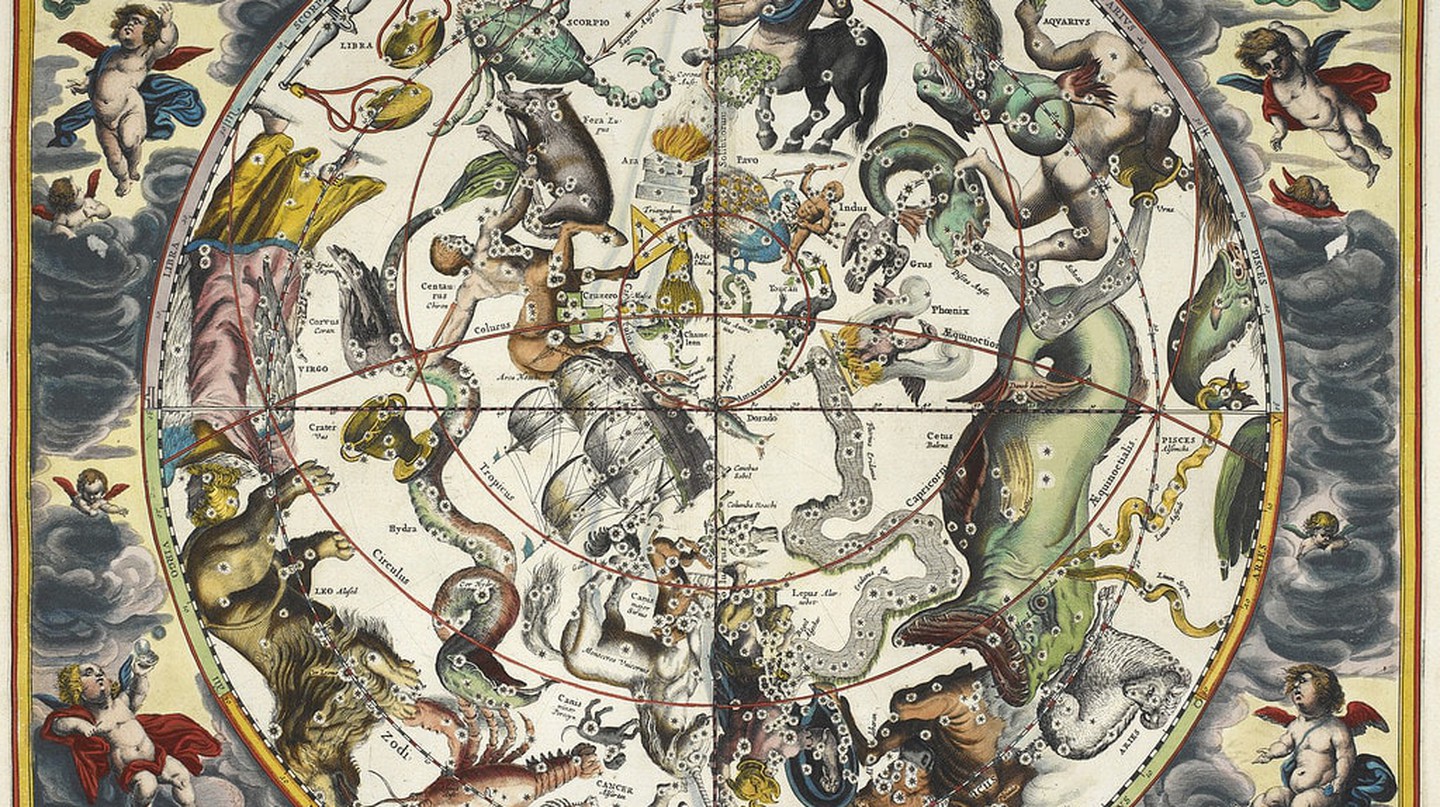





















































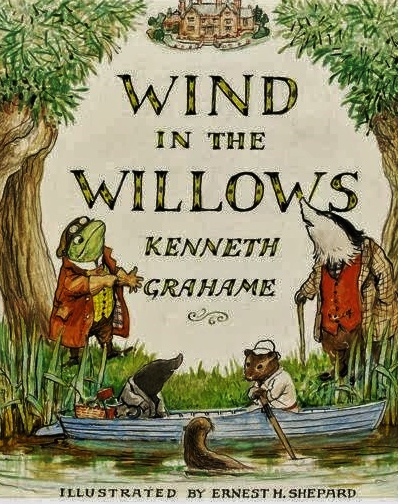

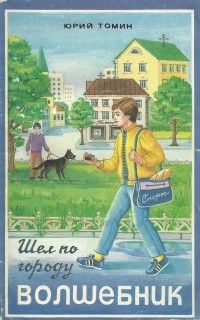
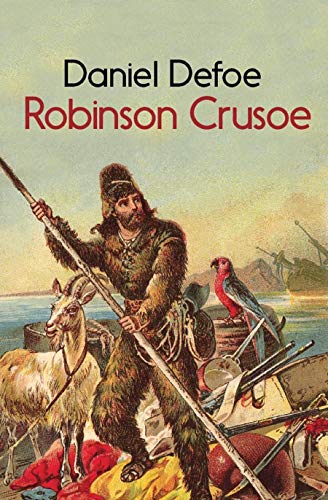



















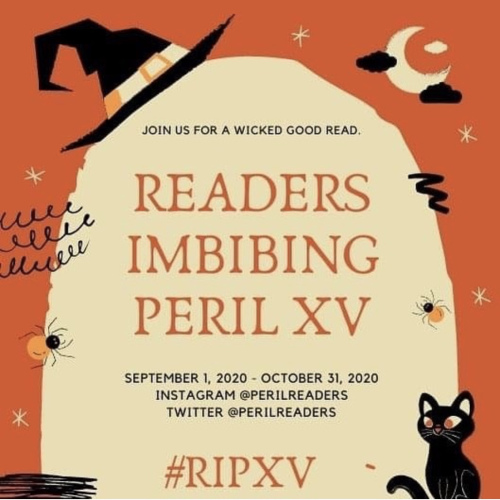

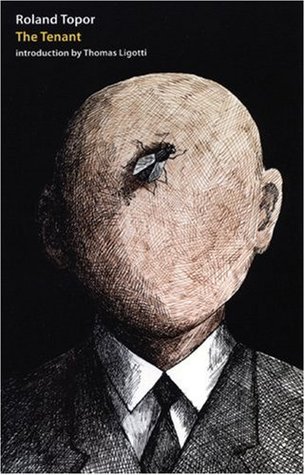



 I. Inari Shrines
I. Inari Shrines I. Secrets and lies: a book set in a sleepy small town
I. Secrets and lies: a book set in a sleepy small town  II. Salt and sand: a book with a beach-side community
II. Salt and sand: a book with a beach-side community














 Some of my favourite and most beloved people were born in November (my twin brother too!), as well as a parade of my favourite authors: Albert Camus (7th), Kazuo Ishiguro (8th), Margaret Mitchell (8th), Kurt Vonnegut (11th),
Some of my favourite and most beloved people were born in November (my twin brother too!), as well as a parade of my favourite authors: Albert Camus (7th), Kazuo Ishiguro (8th), Margaret Mitchell (8th), Kurt Vonnegut (11th),  I. Is there a book that you started that you still need to finish by the end of the year?
I. Is there a book that you started that you still need to finish by the end of the year? II. Do you have an autumnal book to transition to the end of the year?
II. Do you have an autumnal book to transition to the end of the year?


 It is not long now until that spooky period of the year begins when we have to be careful if we do not want to become victims of witches, goblins and vampires. Halloween has always been my favourite festivity, maybe because I was born near this period and have always been fascinated by mysteries and the unknown. Thus, this year I have decided to participate in
It is not long now until that spooky period of the year begins when we have to be careful if we do not want to become victims of witches, goblins and vampires. Halloween has always been my favourite festivity, maybe because I was born near this period and have always been fascinated by mysteries and the unknown. Thus, this year I have decided to participate in I. ARIES – Name a book you’ve read that was full of fire, desire, and passion
I. ARIES – Name a book you’ve read that was full of fire, desire, and passion 
 I. A translated novel you would recommend to everyone:
I. A translated novel you would recommend to everyone:
 I. Which book, most recently, did you not finish?
I. Which book, most recently, did you not finish?  I. Totally should’ve gotten a sequel
I. Totally should’ve gotten a sequel  II. T
II. T
 II. What do you consider to be the best book-to-film adaptation?
II. What do you consider to be the best book-to-film adaptation? I noticed this tag yesterday at
I noticed this tag yesterday at  I. Designated Driver: What re-read book is reliable to get you out of a reading slump?
I. Designated Driver: What re-read book is reliable to get you out of a reading slump? 






 For this challenge I am going for a very modest goal of reading 12 books by Asian authors by the end of the year, and will be updating my progress on
For this challenge I am going for a very modest goal of reading 12 books by Asian authors by the end of the year, and will be updating my progress on 






 Favourite book: Revolutionary Road by Richard Yates
Favourite book: Revolutionary Road by Richard Yates  Book that drowned you in feels: The Remains of the Day by Kazuo Ishiguro
Book that drowned you in feels: The Remains of the Day by Kazuo Ishiguro